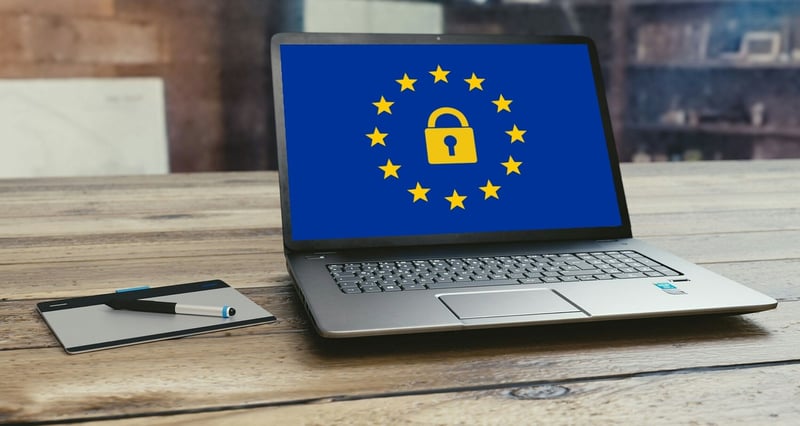Restricted Knowledge
The Importance of Secure and Private Exchanges in Restricted Knowledge Environments
In environments where knowledge is restricted and sensitive, ensuring secure and private exchanges of information is paramount. Whether it's classified data, trade secrets, or personal information, safeguarding this knowledge is critical to maintain confidentiality and prevent unauthorized access.
Why Security is Crucial
Security measures such as encryption, authentication, and access control play a vital role in protecting restricted knowledge. Encryption ensures that data is encoded and can only be decoded by authorized parties, preventing interception by malicious actors. Authentication procedures verify the identity of users and devices, reducing the risk of unauthorized access. Access control mechanisms restrict entry to information based on predefined rules, ensuring that only approved individuals can view or modify sensitive data.
The Role of Privacy
Privacy is equally important in environments with restricted knowledge. It ensures that confidential information is only disclosed to authorized individuals and is not shared or leaked to unauthorized parties. Privacy measures such as data anonymization, non-disclosure agreements, and secure communication channels help maintain the confidentiality of sensitive data and protect the privacy rights of individuals.
Best Practices for Secure and Private Exchanges
- Implement end-to-end encryption for all communications.
- Use multi-factor authentication to verify user identities.
- Regularly update security protocols and software to address vulnerabilities.
- Train employees on security awareness and best practices.
- Limit access to sensitive information on a need-to-know basis.
Conclusion
In restricted knowledge environments, maintaining secure and private exchanges of information is crucial to safeguard sensitive data and prevent breaches. By implementing robust security measures and privacy protocols, organizations can mitigate risks and ensure that confidential knowledge remains protected.


For more information on secure and private exchanges in restricted knowledge environments, visit Cyber.gov.au.
